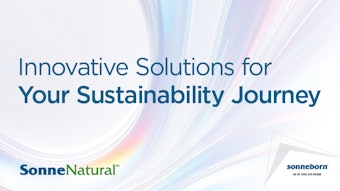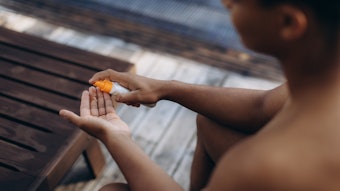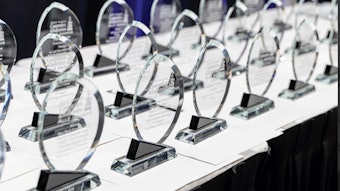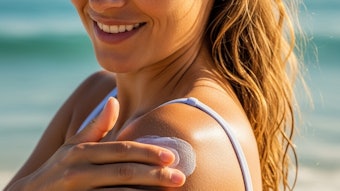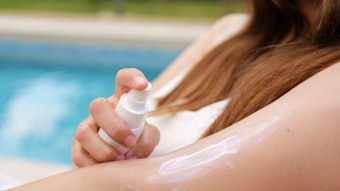For months, the personal care industry has watched as sunscreens are pulled from Australia's retail shelves, or their sale has been paused due to falling short of the claimed SPF protection level. The regional consumer group Choice called attention to this concern after testing 20 products and finding that a majority were not living up to their claims — raising major eyebrows over the risk to public safety and putting consumers on red alert; one lengthy Reddit post provides a strong example.
This article is only available to registered users.
Log In to View the Full Article
For months, the personal care industry has watched as sunscreens are pulled from Australia's retail shelves, or their sale has been paused due to falling short of the claimed SPF protection level. The regional consumer group Choice called attention to this concern after testing 20 products and finding that a majority were not living up to their claims — raising major eyebrows over the risk to public safety and putting consumers on red alert; one lengthy Reddit post provides a strong example.
(See PCR's response to these testing results allegations and re-testing methods.)
The biggest offender was Ultra Violette Lean Screen SPF 50+ Mattifying Zinc Skinscreen, whose testing revealed an SPF of 4. Another brand on the list was Naked Sundays Collagen Glow Mineral Sunscreen. See the full Choice list and sunscreen results here.
Therapeutic Goods Administration Steps In
The group flagged the Therapeutic Goods Administration (TGA) regulatory body, which investigated these and the other sunscreen brands on Choice's list. Several manufacturers rightfully referred to the test results they received from the laboratory as support for their SPF claims. Ultra Violette even shared the document publicly as evidence before it recalled its blacklisted product and stopped using the Wild Child formula, as reported in Harpers Bazaar.
TGA's investigations revealed two key points:
1) Many underperforming products were based on the same core formulation from Wild Child Laboratories Pty., Ltd.; and
2) The sunscreens were assessed and validated by the same testing laboratory, UK-headquartered Princeton Consumer Research (PCR).
The TGA has since begun to maintain a list of all products based on the same Wild Child formula and their market status. It also expressed "significant concerns about the reliability of SPF testing undertaken by Princeton Consumer Research Corp."
(Update: See PCR's Official Response to testing allegations.)
Princeton Consumer Research's Take on Results
In an Oct. 1, 2025, interview with BBC, PCR provided a statement suggesting "external factors could account for SPF rating discrepancies." Examples given included "manufacturing variability between batches, raw-material differences, packaging, storage conditions, product age and in-market handling."
In other words, testing is just one part of the process. "We can only speak to the data we generated on the samples we tested," PCR added.
Delving into the Details: Test Report Review
However, Brian Ecclefield, Founder and CEO of Validated Claim Support, believes there's much more to the story. In fact, he started his company in 2018 after leaving PCR over alleged questionable practices.
Ecclefield has 16 years in the testing industry, developing in vivo clinical studies to help international brands build their personal care and cosmetic claims portfolios. Here, he sat down with Cosmetics & Toiletries to dig into PCR's testing report, highlighting discrepancies in procedures and protocols, and underscoring what the lab appears to have gotten wrong.
He also shared insights on the larger implications of the sunscreen labeling crisis in Australia and proposed new approaches to testing in general. Finally, he offers advice for brands to prevent similar issues from happening to them.
(See PCR's Official Response to Ecclefield's credentials and the company's alleged unethical practices. )

